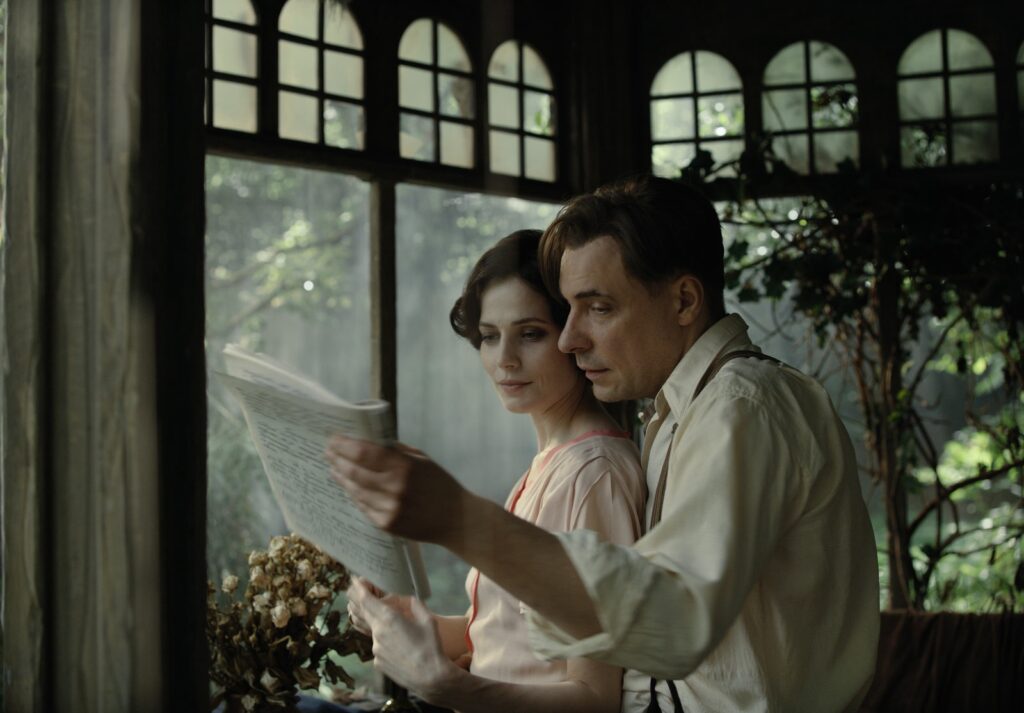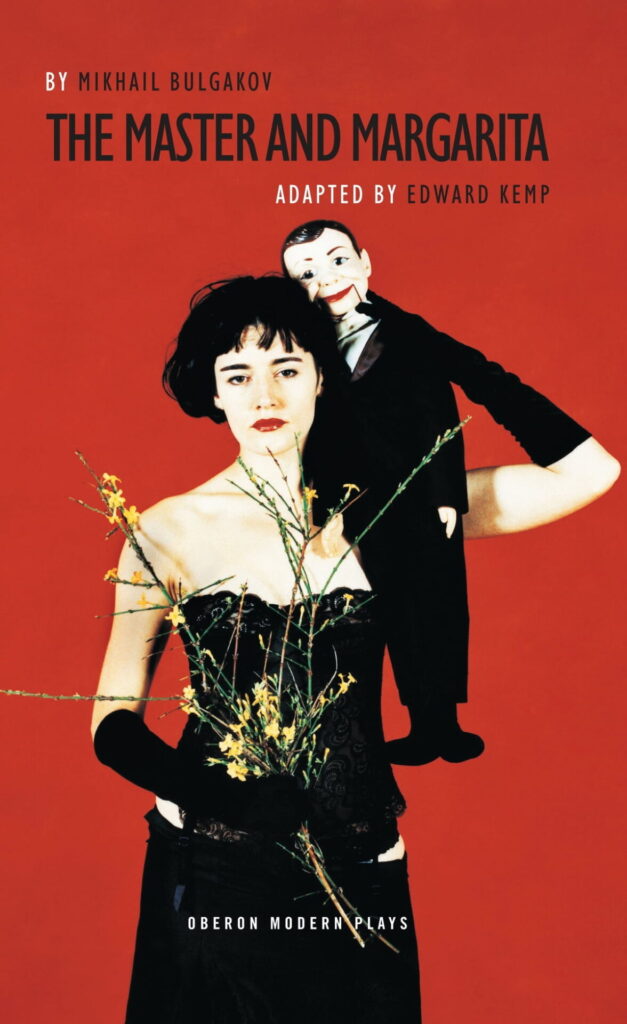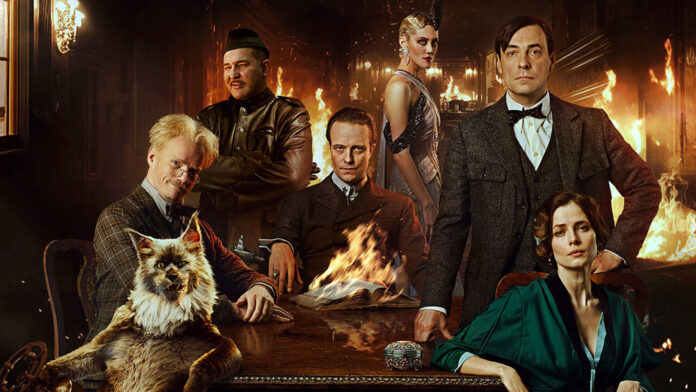The Master and Margarita: A Russian Box-Office Hit That Criticized the State
In 2020, Michael Lockshin, an American director with a deep connection to Russia, released the film “The Master and Margarita,” based on Mikhail Bulgakov’s classic Stalin-era novel. The film received significant funding from the state cinema fund, with the Kremlin supporting 40% of the production costs. However, what started as a successful project soon turned into a battle against censorship and political backlash.
The Backlash and Attacks
Shortly after the invasion of Ukraine in February 2022, Lockshin, who was living in Los Angeles at the time, expressed his support for Ukraine on social media. This simple act of solidarity triggered a series of attacks from influential supporters of the Kremlin. A large Telegram channel labeled him a “Russiaphobe,” and a right-wing group called for criminal charges against him for promoting falsehoods. Television presenters Vladimir Solovyov and Tigran Keosayan joined the chorus, questioning how the film was authorized and suggesting an investigation into its production.
Lockshin became a target of pro-Putin commentators who labeled him a criminal and a terrorist on state television. The attacks intensified as the film finally premiered in Russia, after a two-year struggle to complete and release it. The director’s name was even removed from any promotional material. Ivan Filippov, a Russian producer, described the propaganda reaction to the film as unprecedented in the history of Russian distribution.

Art Reflecting Reality
Bulgakov’s novel, “The Master and Margarita,” tells the story of a writer’s fight against state oppression in the 1930s. Ironically, Lockshin’s own struggle to bring his work to the world mirrors the themes of the book. The film serves as a reflection of the challenging situation faced by artists in both Stalin’s era and modern-day Russia.
Lockshin’s personal connection to Russia dates back to his childhood when his family moved there in 1986. His father, who faced harassment from the FBI due to his communist sympathies, made the family’s arrival a cause célèbre in Moscow. Lockshin attended university in Moscow and later split his time between the US and Russia before settling in Los Angeles in 2021. His previous film, “Silver Skates” (2020), based on a children’s story, became a success in Russia and the first Russian-language original for Netflix.
The Power of Bulgakov’s Novel
Mikhail Bulgakov’s epic novel, “The Master and Margarita,” is highly regarded in Russia, although more admired than widely read outside the country. The book has attracted famous fans such as Patti Smith and Mick Jagger, who found inspiration in it for The Rolling Stones’ song “Sympathy for the Devil.”
Lockshin, like many educated Russians, read the book in his youth and was captivated by its blend of romance, absurdist comedy, and social commentary. The story features a visit by the devil to Moscow, accompanied by a cat the size of a toddler, as well as a love affair between the unnamed writer known as the Master and his muse, Margarita. Additionally, the novel includes sections of a book within the book, written by the Master, which implicitly criticizes the Soviet authorities.

A Personal and Political Adaptation
When Russian producers approached Lockshin to pitch an idea for adapting Bulgakov’s complex novel, he and his co-writer, Roman Kantor, decided to merge the struggles of the author himself with those of the Master. Bulgakov’s plays were initially praised but later banned by Stalin, and he began writing “The Master and Margarita” in 1928, continuously revising it until his death in 1940. Aware that his novel could not be published under Stalin’s regime, Bulgakov never attempted to release it officially. A censored version finally appeared in a Russian magazine in 1966.
Despite the anti-authoritarian themes of the film, Lockshin initially did not anticipate significant political backlash when he started the project. The movie was pitched as a story about a writer facing censorship, even more so than in the original novel, highlighting the repressions, purges, and terror of the Stalin era. Lockshin and his team were aware that these themes were relevant to Putin’s Russia at the time, but they believed that censorship was not as prevalent as it is today. The rapid shift in the political landscape took them by surprise.
Lockshin’s experience with “The Master and Margarita” serves as a stark reminder of the challenges faced by artists and creators in societies where freedom of expression is restricted. His film, like Bulgakov’s novel, stands as a testament to the power of art to provoke thought, challenge authority, and reflect the realities of the world we live in.

